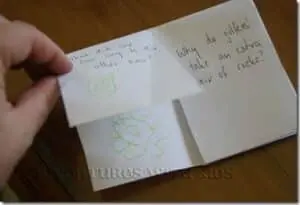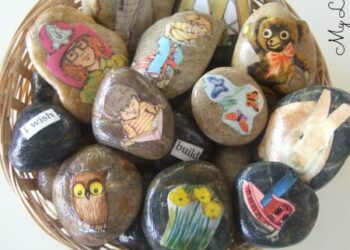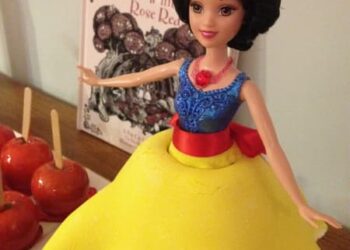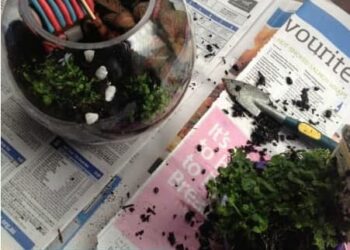Many children are fascinated by animals, even if they don’t have a pet. This is because of books and stories. Children can learn about friendship, love and responsibilities by reading about pets every day, or they can also play pretend pets. The natural curiosity of children often makes them want to have a pet. They are excited and ask questions about how to take care of a living being.
Families who are not ready to adopt a pet can opt for pretend pets. Children can learn about pet care by creating and caring for imaginary animals like pet rocks or soft stuffed toys. By taking care of imaginary friends and having adventures, children can learn responsibility and empathy.
It’s more than a simple game. Pretend pet games are a great way to help children learn about the responsibility of caring for animals. This encourages children to be responsible in a non-threatening way, and gives them confidence that they can care for others. This type of play helps children develop important life skills, while also allowing them to keep the excitement and joy of pet ownership alive in their imagination.
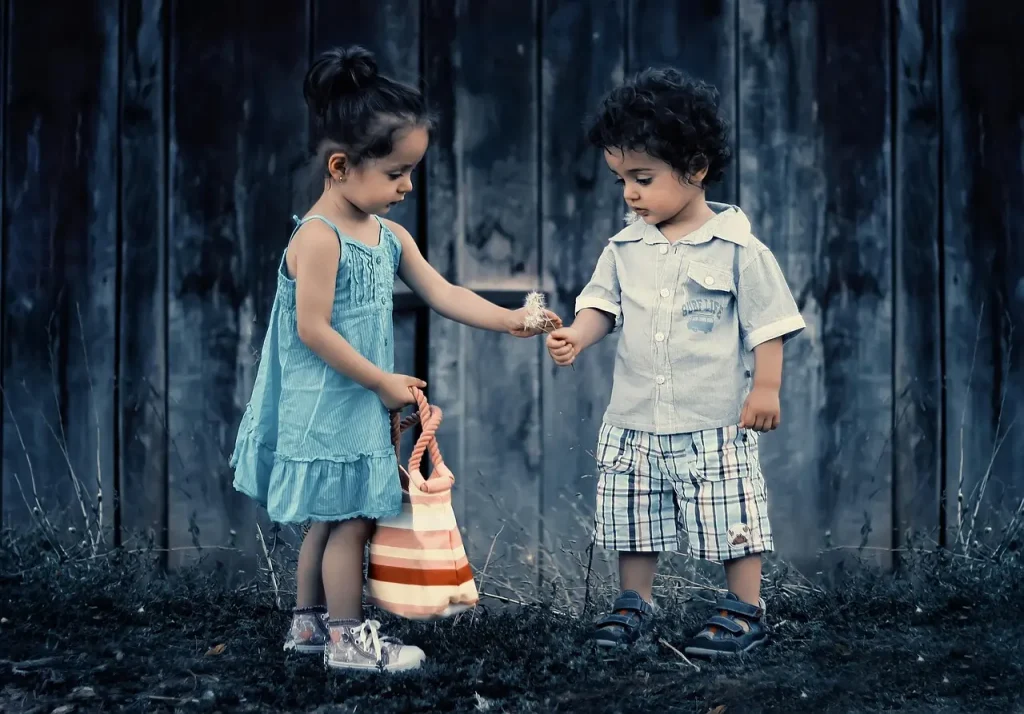
Making a Pet Rock is a Fun and Creative Activity
Reading pet-themed stories and creating and caring for pet rocks is a great way to spark creativity and have meaningful conversations with your family. This activity helps children connect with stories and bring them to life. Kids can learn empathy and responsibility by caring for their pretend pets. They will also enjoy imaginative play, which reinforces themes from the books.
Things You Need:
-
Rocks
-
Paint, paint pens, or permanent markers
-
Googly eyes
-
Feathers, glitter, and other decorations
-
Glue
How to Care for and Create Your Pretend Pet Rock?
It’s a fun and easy way to inspire creativity and responsibility in your children. Here’s how to make one with your child:
-
Look for rocks that are easy to decorate and smooth.
-
Paint or decorate the rocks with markers, paints, or other craft supplies.
-
You can give your pet rock personality by adding feathers and googly eyes.
-
Help your pet rock with the tasks that it cannot do by itself.
-
You can even create a bed for your pet rock or a little house to let it rest.
This imaginative activity is not only a great way to spark creativity, but it also helps kids practice empathy and responsibility. It’s a great way to introduce children to the joys that come with caring for pets, even pretend ones.
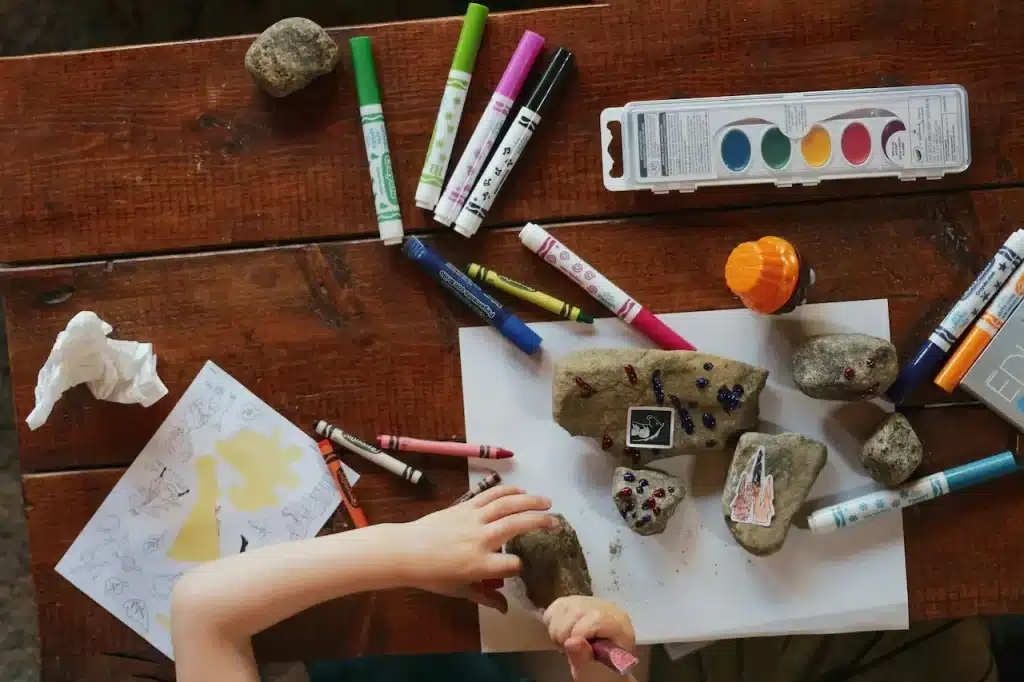
The Benefits of Pretend Pet Play
Pretend play is a great way for children to learn important skills in many different areas. Pretend play has many advantages, including its flexibility. There are no limitations to the stories and worlds that a child can imagine. This freedom promotes imagination and creativity as children invent new scenarios and roles. A simple pet rock, for example, can be a faithful companion on an exciting adventure, helping children to enhance their problem-solving abilities and think out of the box.
Pretend play is not just about creativity. It also helps children develop their emotional intelligence by allowing them to express and explore a variety of emotions in a safe setting. Role-playing allows children to express their emotions, such as anger, excitement or comforting a “sad pet”. This helps them better understand and regulate themselves. Children’s social skills are also greatly improved when they play with their siblings or friends. They can negotiate roles, build shared stories and resolve conflicts. This type of interaction helps to develop empathy and teaches children that other people have different feelings and thoughts.
Playing pretend also improves executive functions like memory and flexibility by teaching children to distinguish between reality and make-believe while achieving play goals. It also helps children develop their language skills as they create stories and practice telling them. Pretend pet play is more than just a fun activity. It’s also a great way to build creativity, social skills, emotional intelligence and cognitive abilities.
Conclusion
Playing with pretend pets is more than just a way to entertain children; it also helps them develop important skills. Kids can develop their creativity through imaginative play. They also learn how to manage and understand their emotions and gain important social skills such as empathy and cooperation. Children can explore and learn new things through pretend pets. This is a fun and safe way to develop responsibility. This type of play is a great way to enrich the worlds of children and make them more successful now and in their future.




